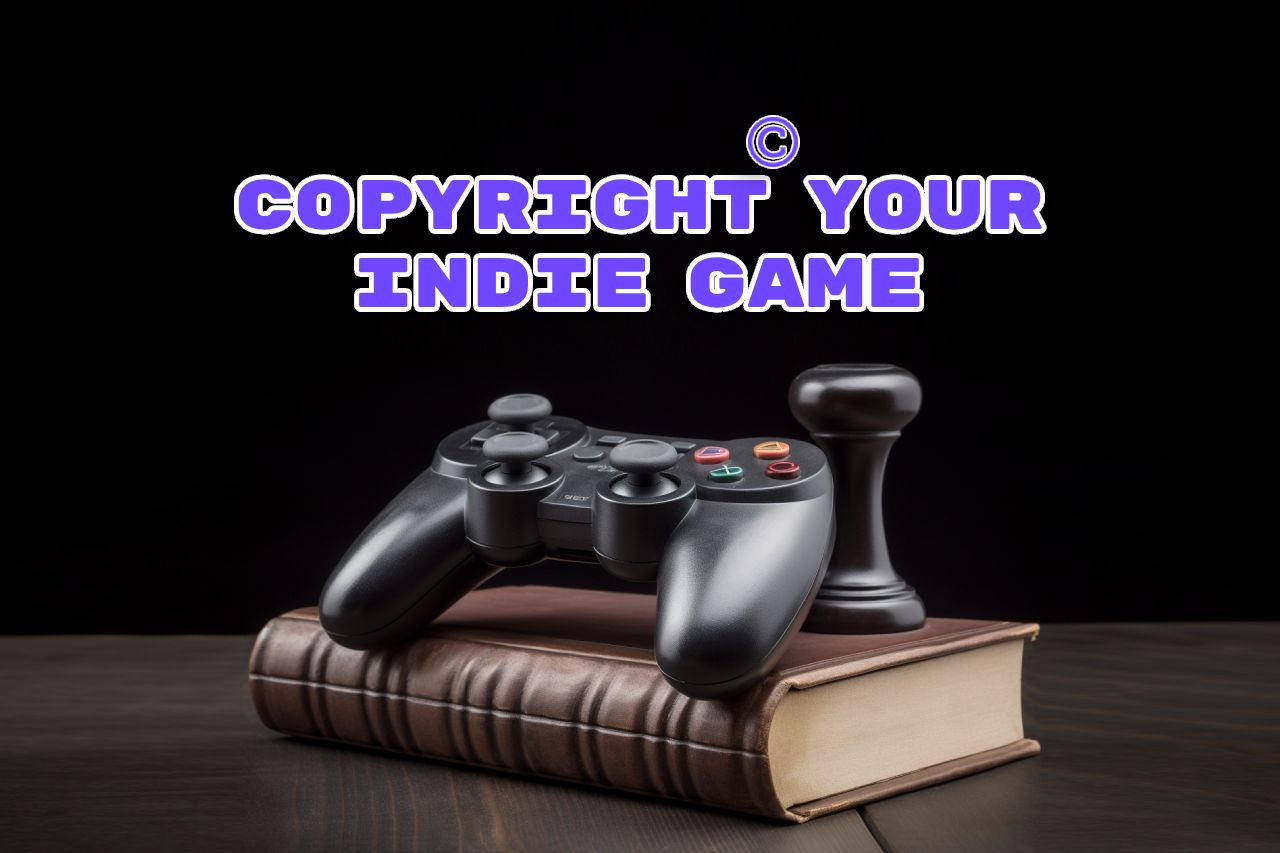Indie games have emerged and rapidly developed as a new trend in the game industry. With the rise of technology, indie game developers can easily launch their games in online communities and increase their popularity.
On the other hand, indie game devs not only face many challenges, such as funding and marketing, but must also answer whether they need to copyright their indie games.
Read on to learn everything about copyright your indie game!
What is Copyright, and How Does It Apply to Games?
We know copyright is against people making copies of your original works, but we need to understand it.
Copyright provides an exclusive right for creators to use, reproduce, copy, display, and adapt their works, including music, arts, photographs, software, educational works, and so much more.
Copyright is intended to protect an idea’s fixed and tangible form but not the idea itself. When your game is copyrighted, the components of a game also can be copyrighted, such as code, artwork, music, etc.
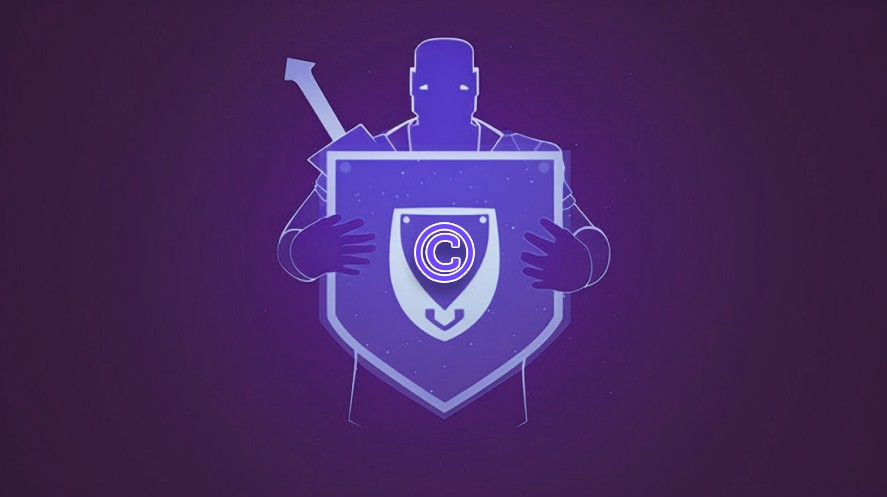
However, copyright is not the only method to protect your games.
There are other forms of intellectual property protection, like trademarks and patents. They are made to serve different purposes. So, how do we differentiate them?
While copyright protects original works of authorship and prevents people from copying them, patents protect new innovations or discoveries that have never appeared before. Unlikely, trademarks protect symbols, words, or designs that identify products or services from a particular source.
Do You Need to Copyright Your Indie Game?
When you develop a new game, obviously, you own the game’s idea, design, and gameplay mechanics. However, if you don’t have any fixed or tangible form proving that the game is yours, your game will be copied without your permission.
That is why intellectual property has significant importance in the indie game development ecosystem; it contributes to a fair play gaming world, protects unique products and developers’ attempts, and encourages developers to create more innovative games.
Therefore, indie developers must copyright their games.
The gaming world is massive and complicated, and you cannot control all of the actions of your competitors if you don’t have a particular plan to protect your brainchild first.
Can You Copyright an Idea For a Game?
Notably, your idea for a game can’t be copyrighted if it’s not finished.
For example, a song can not be protected by copyright if the composer doesn’t write it down and play it. Similarly, the copyright may not yet exist if your idea for a game has not become a tangible work.
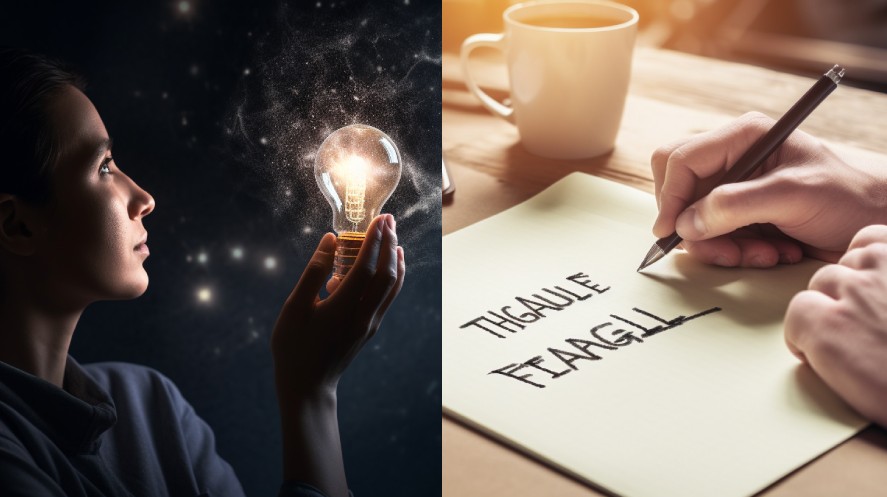
In short, if an indie developer creates a new game, you should protect it by copyright when it’s published as soon as possible.
This may take time and cost, so having indie game publishers may help you cover these issues and ensure you protect your intellectual property.
The Natural Copyright vs. Registered Copyright
When you create an original work, you have the right to use, copy, and distribute it. This means that copyright applies automatically to your work without any registration.
Although it provides exclusive rights, it’s not enough to help your work be safe. How can you prove you are the rightful owner if a dispute occurs without a registered copyright?
When your copyright is registered, you will have evidence to prove that and additional benefits like suing someone for copyright infringement.
Additionally, you will be at peace of mind because you gain more legal advantages when your game’s copyright is registered. No one can take any action on your game, even its elements, like reproduce, distribute, edit, or profit from it without your permission.
If they do, you can send them a cease and desist letter with the acquisition of infringement. This means you will have another income if anyone makes copies of your game.
How to Copyright Your Indie Game?
You’ve already owned your game’s copyright once you create it, but if you want to register the copyright for complete protection, here is the step-by-step guide.
- Ensure that your game is completed in a fixed, tangible form to be eligible for registration.
- Recheck your game, even its elements like code, music, and characters, to ensure they are original.
- Visit the Copyright Office website, complete the appropriate application form, follow the registration tutorials, and carefully review your entered information.
- Prepare a copy of your game to send as a registered procedure.
- Lastly, submitting your application requires a filing fee, roughly starting from $65 for online registration. After that, you may wait for the confirmation via email.
Another reminder is to include your copyright caution on your game after registering. This helps you to prevent infringers from copying any elements in your game.
Besides, up-to-date is necessary for your copyright because its protection can last up to 70 years. Ensure you file the new registrations whenever you want to add new components to your game.
Some other resources and governmental agencies that facilitate copyright registration that you can refer to, such as U.S. Patent And Trademark Office, World Intellectual Property Organization, Intellectual Property Office (UK), Copyright Agency (Australia),…
Why Indie Game Developers Might Skip Copyright
Despite the importance of copyright, many indie game developers might skip it because of their financial constraints and priorities.
The expense is usually the biggest challenge for indie game developers.
They have to cover many outgoings while developing their game, so copyright may not exist in their prior list. They put their focus on creating unique, engaging, attractive games more than copyright due to limited budget.
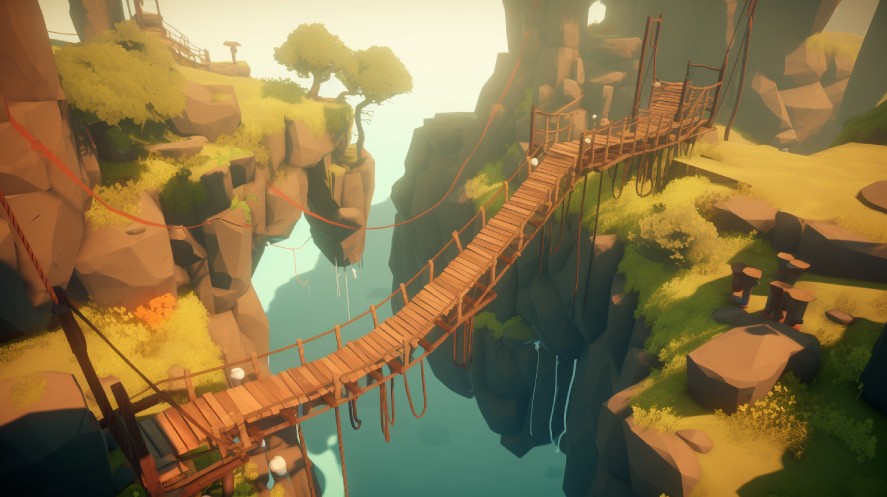
Another opinion argues against the necessity of copyrighting.
This can be denied because others inspire indie games with similar elements. Copyright law, in this case, may dominate developers’ creativity.
In fact, there is an example where skipping copyright did not harm the developer, like Flappy Bird (2013). The developer didn’t register the copyright for it, but it still was an overarching success for the developer, with millions of downloads and an enormous amount of revenue for him.
The Role of Game Publishing in Copyright
Indie game publishing in copyright has an essential role. Publishers often handle copyrighting for the developers so that developers can concentrate on developing the game.
Developers don’t need to do complicated registration processes; their games are still under copyright protection, and they can use that time to make more engaging elements.
Moreover, a publisher is always a representative in solving copyright issues. This also increases the possibility of winning lawsuits.
On the other hand, developers can lose some control over their intellectual property, which means they may need the publisher’s approval to change something to their works.
This may be the downside to many developers because they must share certain rights with publishers.
Indie Game Publishers vs. Self-Publishing
Indie game developers often work individually, so they need to settle many things at the same time.
However, this will not be a problem if indie developers work with publishers because they will cover most issues for developers, even copyright.
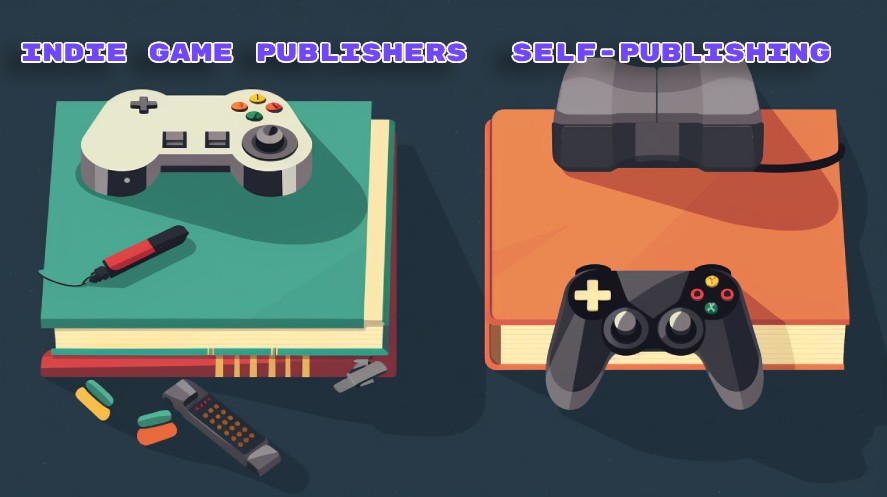
Publishers may have a legal expertise team ready to protect the game’s copyright to ensure a flowing distributed progress.
Nevertheless, your copyright considerations can be affected if you choose to self-publish your game.
Self-publishing requires you to carefully prepare for taking on all registered progress from registering to payment, as well as legal cases regarding copyright. In contrast, it gives you full control and benefits from your game’s copyright.
If you decide to handle copyright on your own, the following tools and resources may support you: Copyright.gov for copyright registration information, OpenGameArt.org for free game assets, Audacity for free audio editing tools, etc…
How Copyright Affects Distribution Channels
Platforms like Steam, Epic Games Store, and consoles typically have their own policies to protect their community and against infringement.
When you distribute your game on these platforms, make sure that it complies with their regulations and policies and doesn’t infringe the copyright of other games unless you want it to be prohibited.
On the other hand, if you distribute a non-copyrighted game through these platforms, it seems to be very risky. Your game might be stolen or made copies anytime without your permission, and you also can not sue them or request any profits or compensation.
International Considerations
International copyright law doesn’t exist, so copyright across international borders has limitations.
Copyright law only applies to its own country, although your game is domestic or international. Some countries still ignore or have weak copyright protection, leading to some people infringing others’ intellectual property easily.
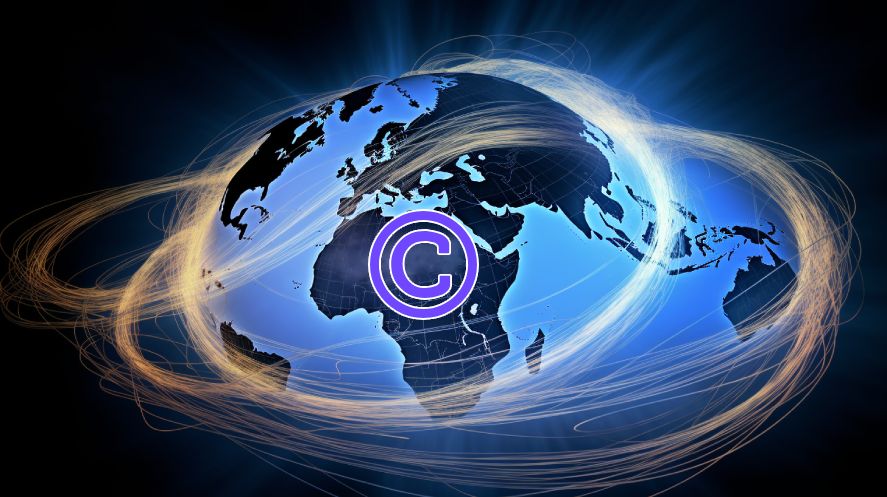
In which country you want to distribute your game, make sure that you have researched carefully about its copyright law to protect your work.
In fact, there is a widely adopted copyright treaty called the Berne Convention, which protects the copyright of all its member countries.
However, it doesn’t guarantee unified policies for all of them. For example, although you live in India, you still have to follow the copyright law in the U.S. if you distribute your game here.
Conclusion
In conclusion, copyright has more advantages for indie game developers to consider whether or not to apply it to their works.
Obviously, they should understand copyright and international law carefully to protect their games effectively. Indie developers can choose between registering copyright or leaving it to their publishers.
On the other hand, indie developers might skip copyright due to other priorities, but their games will not be fully protected.
Additionally, the gaming industry is massive; many people will “borrow” ideas from others without their permission, so you should let your game be protected under copyright laws and regulations.
This not only helps you to have peace of mind and motivation to create more work but also brings revenues from another’s infringement.
Lastly, as an indie developer, you should think carefully to take suitable action and consult with professionals or legal experts if needed to ensure your game will be fully protected.
Disclaimers
This article is just the personal opinion of the author. Those points of view can not be represented by any official organizations. The mentioned brands are additional information and do not have paid partnerships with the author.
Loading survey...

